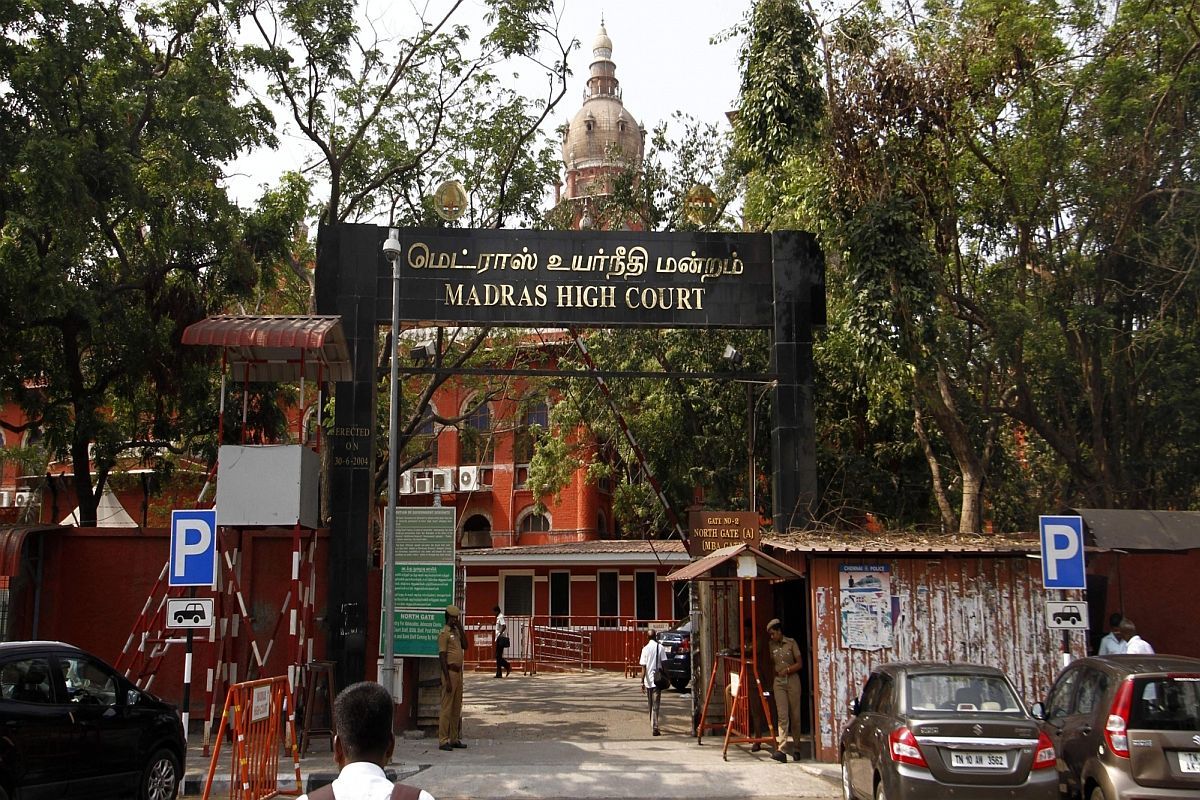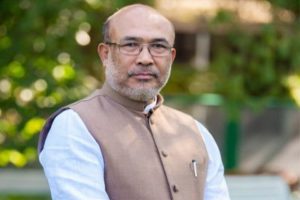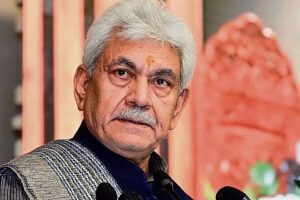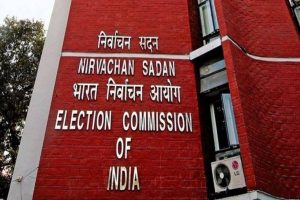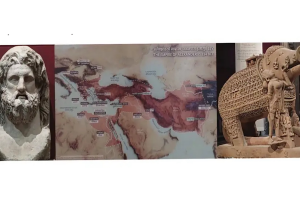The Madras High Court created history on Thursday by quashing 19 criminal defamation cases against editors and journalists filed by the Tamil Nadu government of the late lamented J Jayalalitha in 2012 and 2013.
During her lifetime it was unthinkable to approach the High Court to get such cases quashed. One had to approach the Supreme Court for relief.
In a landmark judgment highlighting the importance of freedom of press, Justice Abdul Quddhose held that public servants and constitutional functionaries cannot be allowed to misuse the law of criminal defamation by using the State as a tool to initiate proceedings against critics.
Jayalalitha never brooked criticism and made public prosecutors file defamation cases at the drop of a hat if the media exposed her misdemeanours.
Quashing multiple defamation cases against media persons, Justice Quddhose said there was a higher threshold for the State to initiate criminal defamation against citizens compared to ordinary cases of defamation inter-se private parties.
“The State should maintain higher tolerance with respect to criticism and cannot be impulsive to launch prosecution,” the judgment said.
The writ petitions filed in the High Court challenged the constitutional validity of Tamil Nadu government orders granting sanction to the public prosecutor to file complaints under Section 199 (2) CrPC in respect of the impugned reports. Section 192 (2) CrPC lays down a special procedure for offences of defamation against State/constitutional functionaries under Sections 499 and 500 of the IPC.
The complaint is filed on behalf of the State by the public prosecutor before a Sessions Court instead of the magistrate’s court.
Justice Quddhose observed the State should not be impulsive like ordinary citizens in defamation matters and invoke Section 199 (2) CrPC to throttle democracy. Only in case there was foolproof material could the said procedure be invoked. Examining statistics, the court found 226 cases filed under Section 199 (2) had been pending in various Sessions Courts in Tamil Nadu.
The core ingredient required for prosecution, namely, “defamation of the State,” was missing in these cases.
Due to the mechanical filing of complaints under this section, Sessions Courts were clogged, the judgment observed.
Even after the Supreme Court warning Jayalalitha that this was not the way healthy governance was conducted in a democracy, the practice continued in Tamil Nadu. The apex court had quashed more than 200 such cases filed between 1991 and 1996, and 120 cases filed between 2002 and 2006 by the Jayalalitha government.
Criminal defamation is not a justifiable restriction on freedom of expression. As long as Section 199 (2) of the Criminal Procedure Code and Sections 499 and 500 of the Indian Penal Code remain in our statute books, proliferation of criminal defamation cases against the media cannot be curbed.

